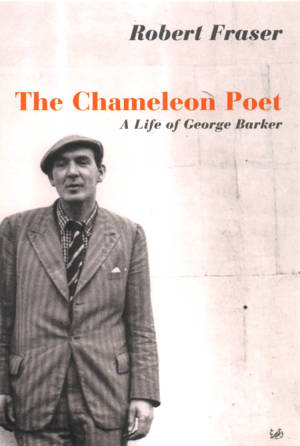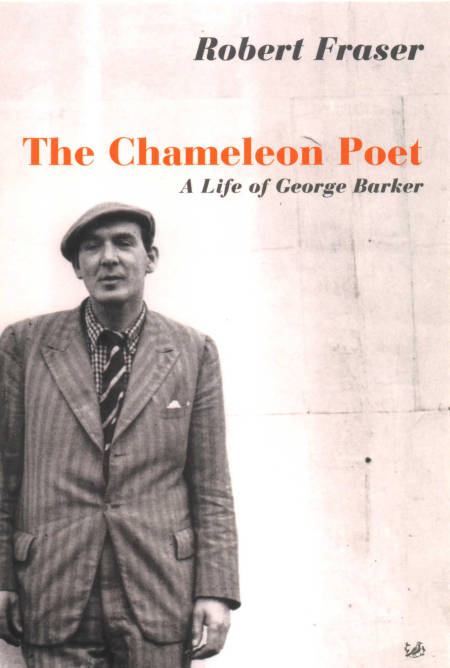
- Afhalen na 1 uur in een winkel met voorraad
- Gratis thuislevering in België vanaf € 30
- Ruim aanbod met 7 miljoen producten
- Afhalen na 1 uur in een winkel met voorraad
- Gratis thuislevering in België vanaf € 30
- Ruim aanbod met 7 miljoen producten
Zoeken
€ 12,99
+ 12 punten
Uitvoering
Omschrijving
The poet George Barker was convinced that his biography could never be written. 'I've stirred the facts around too much,' he told Robert Fraser. 'It simply can't be done.' Eliot wrote of his 'genius'. Yeats thought him the most interesting poet of his generation. Dylan Thomas envied his power over women. War trapped him in Japan. In America he conducted one of the most celebrated love affairs of the century. He fathered fifteen children in several countries, three during one battle-torn summer. By the 1950s he was the toast of Soho. Barker was Catholic and bohemian, frank and elusive, tender and boisterous. In Eliot's phrase, he was 'a most peculiar fellow.' Robert Fraser's biography offers both a portrait of a talented, tormented and irresistibly entertaining man, and a broad cultural landscape. Around the central figure cluster painters like Francis Bacon, Lucian Freud, Johnny Minton and the 'Roberts' Colquhoun and MacBryde; writers such as Dylan Thomas, Walter de la Mare and Elizabeth Smart, whose By Grand Central Station I Sat Down and Wept hymns their liaison; the lugubrious humorist Jeffrey Bernard. After closing time at the Colony Room, Minton declared, they had to sweep up the jokes.
Specificaties
Betrokkenen
- Auteur(s):
- Uitgeverij:
Inhoud
- Taal:
- Engels
Eigenschappen
- Productcode (EAN):
- 9781473521537
- Verschijningsdatum:
- 29/09/2014
- Uitvoering:
- E-book
- Beveiligd met:
- Adobe DRM
- Formaat:
- ePub

Alleen bij Standaard Boekhandel
+ 12 punten op je klantenkaart van Standaard Boekhandel
Beoordelingen
We publiceren alleen reviews die voldoen aan de voorwaarden voor reviews. Bekijk onze voorwaarden voor reviews.











